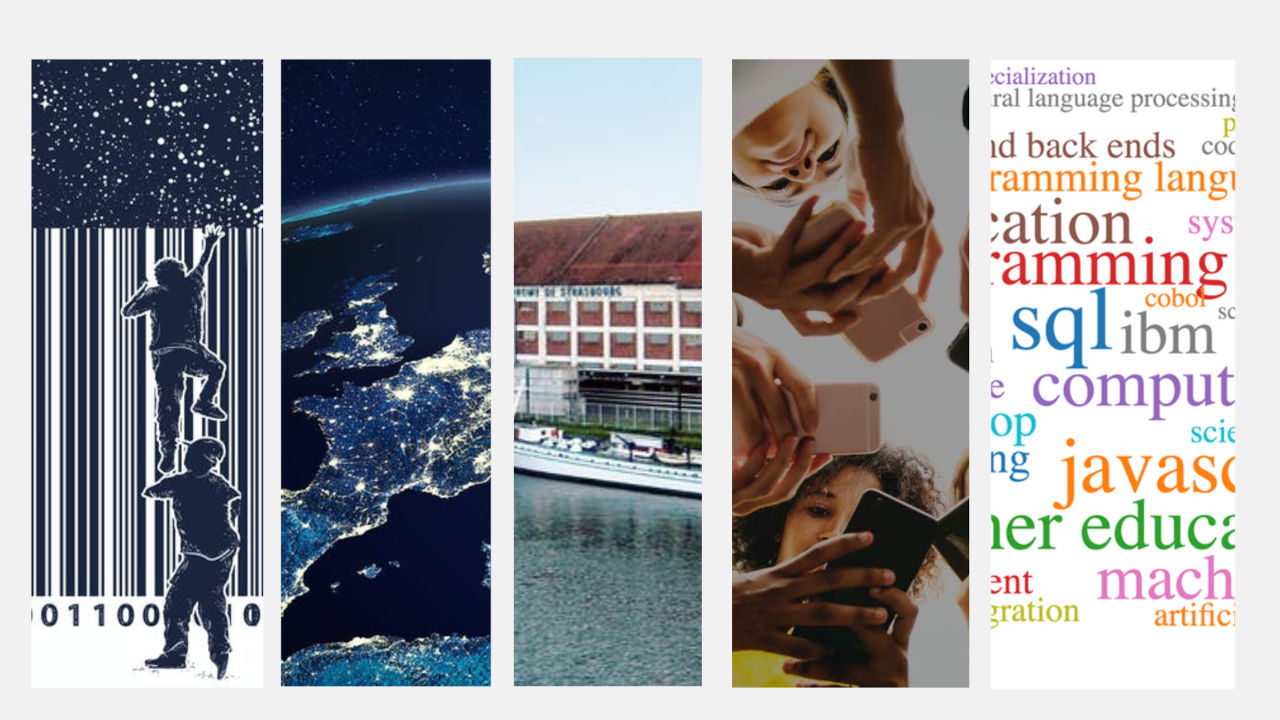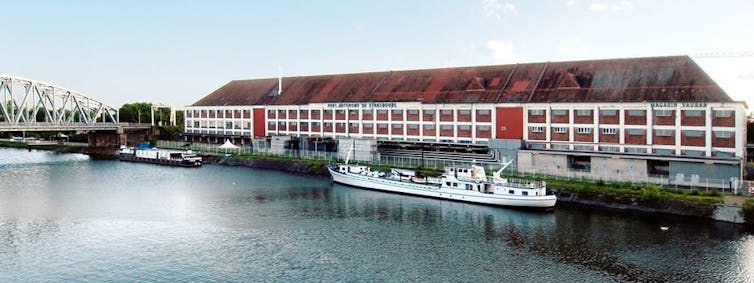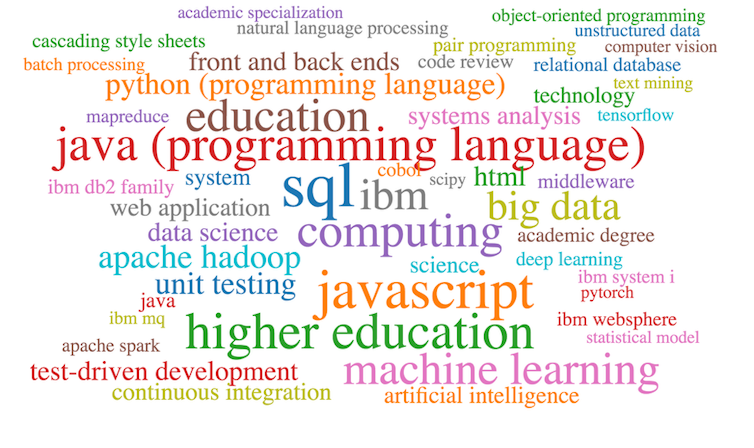Portrait(s) of France(s): Digital technology—what are the challenges for society?
In the "metaverse," this fictional virtual universe that seems to fascinate Mark Zuckerberg, will we be able to distinguish artificial agents (also known as "chatbots")—which do not represent any human being—from avatars representing real people?
Laurence Devillers, Sorbonne University; Annie Blandin-Obernesser, IMT Atlantique – Institut Mines-Télécom; Elodie Gentina, IÉSEG School of Management; Fabrice Le Guel, Paris-Saclay University; Michel Robert, University of Montpellier and Pierre-Antoine Chardel, Institut Mines-Télécom Business School

There are two types of chatbots: those we use every day in banks, whose responses are predetermined, and those that are more recent, which take advantage of numerous technological advances such as "transformers" and are capable of producing original speech.
Soon, digital technology should offer personalized and emotional systems, kinds of "virtual friends," or even "guardian angels," but also "deadbots," which emulate deceased people after assimilating mountains of data about them.
What are the challenges of this digital legacy and these new worlds opening up to us? These are the questions we ask ourselves in this fifth edition of our special newsletter on the 2022 presidential election, "Portrait(s) of France(s)".
Generally speaking, in France and abroad, this rollout is prompting reflection on the links between sovereignty and digital technology through regulations—notably the European regulation planned for 2022—and control of resources and infrastructure. The rollout of the metaverse also raises questions about the costs of digital technology.
Who, today, decides on the society of tomorrow and the deployment of digital technologies? What are the major digital divides?
Finally, given that young people prefer to use the Internet to stay informed, with social media as their primary point of access, will we all see the same world tomorrow?
What digital directions for France: a democratic and civic issue
Digital technologies are having a growing impact on our lives, but decision-making on their deployment oscillates between a culture of horizontality and technocratic decisions.
Sovereignty and digital technology: controlling our destiny
How is digital sovereignty actually built, when it seems threatened by the strategies and ambitions of foreign companies and certain states?
The physical reality of the digital world

Michael Kauffmann/Wikimedia, CC BY
Far from floating in the ether, our data is hosted in data centers that are subject to industrial risks and consume enormous amounts of electricity. What developments are there? What solutions are available?
Twitter, Snapchat, TikTok, Brut... a new way for young people to stay informed
Gone are the days of the family gathering in front of the 8 p.m. news. Young people often follow the news alone during breaks throughout the day, favoring social media and videos.
In pictures: access, usage, artificial intelligence—the three digital divides
There is not just one digital divide, but several. Discover them in illustrations and graphs.

Laurence Devillers, Professor of Artificial Intelligence, Sorbonne University; Annie Blandin-Obernesser, Professor of Law, IMT Atlantique – Institut Mines-Télécom; Elodie Gentina, Associate Professor, Marketing, IÉSEG School of Management; Fabrice Le Guel, Economist, Paris-Saclay University; Michel Robert, Professor of Microelectronics, University of Montpellier and Pierre-Antoine Chardel, Professor of Social Sciences and Ethics, member of the Public Ethics Observatory, Institut Mines-Télécom Business School
This article is republished from The Conversation under a Creative Commons license. Readthe original article.